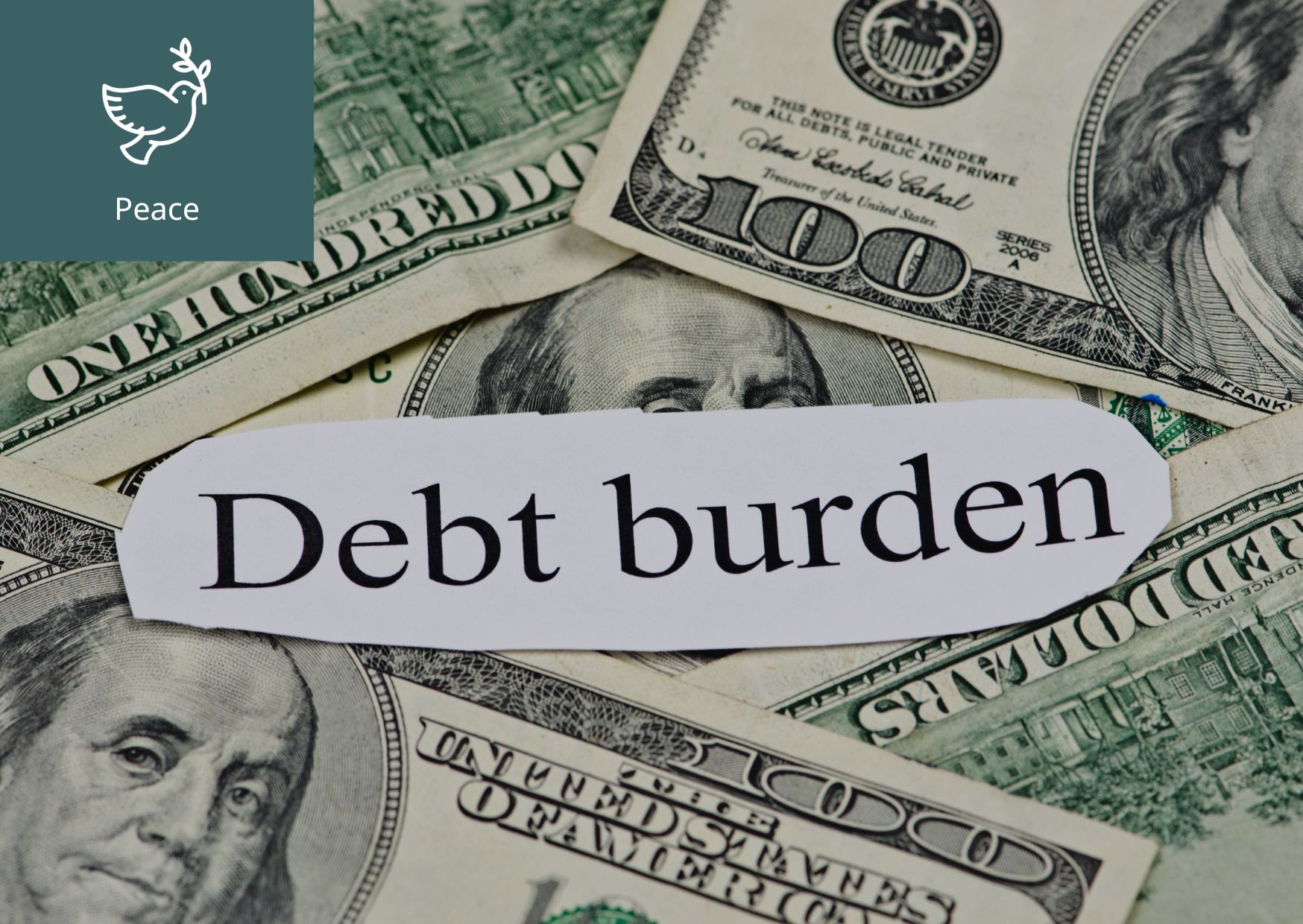What is AI Activism?
―The 2024 U.S. Election, Deepfakes, and the Reality of AI―As the 2024 U.S. presidential election approached, deepfake videos and AI-generated images spread rapidly.Many people warned:“AI could ruin the election.”So, what happened?TIME summarized it this way:“The chaos everyone feared never came.”But the article added something more chilling:“That’s what makes it even more dangerous.”There may not have been visible turmoil,but in closed chat rooms and private message threads, AI’s influence was still quietly at work a hidden force shaping opinions out of sight.The 2024 U.S. election left us with one critical question:“Before AI amplifies the next threat, what must we do?”From this question,AI activism begins.―What Is AI Activism?“Citizens Who Watch the Machines”―AI Activism refers to the civic movement in which ordinary people monitor how artificial intelligence watches, discriminates, amplifies, and erases information and hold those systems accountable through questioning and public oversight.In UNESCO’s 2021 (Recommendation on the Ethics of AI (2021), the organization emphasized:“AI must be governed according to the principles of human rights, equality, transparency, and accountability and this requires active citizen participation.”AI is no longer confined to the laboratories of engineers.It now permeates every aspect of our daily lives from education and employment to finance, healthcare, and politics.That is why we now need citizens who watch technology in other words, AI activists.If you’d like to learn more about AI, check out the next article!⇊What Is Good AI?―Types of AI ActivismCitizens Who Watch Technology―▶ Those Who Watch the Surveillance Society— Seeing Through the Power Behind the AlgorithmThis isn’t science fiction.It’s happening now.According to the Carnegie Endowment의AI Global Surveillance Index, out of 176 countries surveyed, at least 75 governments are already officially using AI-based surveillance systems.Countries Using AI Surveillance Technologies (by Region)(Carnegie Endowment, AI Global Surveillance Index)RegionCountriesAsia & Middle EastChina, South Korea, Japan, India, Indonesia, Singapore, Thailand, Taiwan, Hong Kong, Iran, Iraq, Israel, Saudi Arabia, UAE, Bahrain, Turkey, Uzbekistan, Kazakhstan, Tajikistan, MyanmarEuropeUK, Germany, France, Italy, Spain, Switzerland, Denmark, Czech Republic, Romania, Serbia, Russia, Ukraine, GeorgiaAmericasUSA, Canada, Brazil, Argentina, Chile, Colombia, Ecuador, Bolivia, Uruguay, VenezuelaAfricaEgypt, Algeria, Rwanda, Ghana, Uganda, South Africa, Zambia, Zimbabwe, Botswana, Côte d’IvoireOceaniaAustralia“Is your country on this list?”This is where AI activism begins with a question:“Who is watching whom, and by what standard?”“And is that surveillance fair to everyone?”The Office of the UN High Commissioner for Human Rights (OHCHR) warns in its report “The Right to Privacy in the Digital Age”:“Technological advances, if deployed without proper safeguards, pose serious risks to human dignity, autonomy, and privacy.”AI Activism arises from this imbalance of power the movement that dares to ask,“Is this surveillance justifiable?”▶ Whose Data Is It, Anyway? - Digital Rights ActivismYou’ve probably heard the phrase:“Data is the oil of the AI era.”But whose ground is that oil drilled from?With the rise of generative AI, our social media posts, photos, voices, research papers, and code are being collected and used for AI training without our consent.The result?Our daily lives feed AI systems which in turn boost corporate profit and power.So the question emerges:“Do I not have the right to know when and how my face, my voice, and my words are being used?”“Do I not have the right to control it?”The EU’s General Data Protection Regulation (GDPR) already upholds this principle:“Individuals have the right to know whether their personal data is being processed, and to access information about how and why it is used.”In simple terms, it establishes a basic rule:“Don’t use people’s data in secret.”▶ Those Who Hold Generative AI Accountable - The Thin Line Between Creation and Plagiarism, Tool and WeaponDeepfakes, ChatGPT, image generators AI has evolved from summarizing information to creating new realities.The problem?That power is not always used for good.More than 90% of deepfake videos online exploit women’s faces in non-consensual sexual content, showing how easily AI can become a weapon of violence.(Source: CIGI, Women, Not Politicians, Are Targeted Most Often by Deepfake Videos)Now, writers, artists, scholars, and civic groups around the world are raising their voices:“Stop the practice of unauthorized data scraping for AI training.”“Clearly label all AI-generated content.”“Regulate the use of AI in elections and political communication.”―What Can We Do?Small Experiments in Law, Campaigns, and Campuses―▶ Empowering the Rule-Makers: Law and Policy - Technology Doesn’t Become Good on Its OwnTechnology does not become ethical by itself.That’s why the essential question is:“Under what rules should AI be allowed to operate?”In 2024, the European Union passed the AI Act, the world’s first comprehensive legal framework regulating artificial intelligence.It includes key provisions such as:• A general ban on real-time facial recognition surveillance• Mandatory risk assessment, data governance, and transparency obligations for high-risk AI systems (e.g., hiring, credit scoring, education, healthcare)• Labeling requirements for deepfakes and AI-generated contentThe message of this law is crystal clear:“Technology does not become good on its own.Ultimately, it is law and civic oversight that determine its direction.”▶ The Movement to Reclaim Our Data: Digital Rights - Returning Ownership of Information from Platforms Back to PeopleWhat we can do now is surprisingly concrete.It begins with asking questions.Where has my face, my voice, my writing been used?Who took it?And why didn’t I know?As individuals, we have the right to demand from corporations and platforms:“Show me how my data has been used.”“If it’s wrong, correct it.”“If I don’t consent, delete it.”And now, a new demand is emerging:“Shouldn’t I be able to directly refuse the use of my data for AI training?”Such actions have already begun.Artists are signing “No Unauthorized Learning” declarations.Developers are building AI-training-blocking tools.Civil society groups are campaigning for the legal right to opt out of data collection.They may seem like small acts, but their direction is clear:To reclaim ownership of data,and to refuse to let non-consensual data collection remain the norm.―The Question That Remains for Us―MIT researcher Joy Buolamwini once said:“Technology is not neutral. How we use it determines the kind of society we become.”In the end, the question that remains is this:Before AI decides the direction, what questions will I ask?Who is this technology for?And in the decision-making process how are my face, my voice, and my data being used?To keep asking those questions and to have the courage to say,“I did not consent”that is the stance we need now.Written by Sharon ChoiDirector of PlanningSunhak Peace Prize Secretariat
Further Reading :What Is Good AI?What is AI Inequality?References & Sources :AI and the 2024 U.S. Election• TIME. AI’s Underwhelming Impact on the 2024 Elections, 2024-10-30 : https://time.com/7131271/ai-2024-elections/(TIME)AI Surveillance & Global Use of Monitoring Technologies• Carnegie Endowment for International Peace. AI Global Surveillance (AIGS) Index : https://carnegieendowment.org/features/ai-global-surveillance-technologyAlgorithmic Bias & Fairness Research• Buolamwini & Gebru. Gender Shades: Intersectional Accuracy Disparities in Commercial Gender Classification— MIT Media Lab : https://proceedings.mlr.press/v81/buolamwini18a/buolamwini18a.pdf(Proceedings of Machine Learning Research)• Algorithmic Justice League / Gender Shades : https://gs.ajl.org/(Gender Shades)• Wikipedia — Joy Buolamwini : https://en.wikipedia.org/wiki/Joy_BuolamwiniAI and Election Integrity (Supplementary Analysis)• United Nations Regional Information Centre (UNRIC). “Can Artificial Intelligence Influence Elections?”: https://unric.org/en/can-artificial-intelligence-ai-influence-elections/Digital Rights & Data Privacy (GDPR)• European Union. General Data Protection Regulation (GDPR) – Regulation (EU) 2016/679 : https://gdpr-info.eu/EU Artificial Intelligence Regulation• European Commission. Artificial Intelligence Act (AI Act).Regulation overview:https://eur-lex.europa.eu/EN/legal-content/summary/rules-for-trustworthy-artificial-intelligence-in-the-eu.html• AI Act – Article 50: Transparency Obligations for Synthetic Content & Deepfakes :https://artificialintelligenceact.eu/article/50/Generative AI & Mis/disinformation (Supplementary)• IPIE. “The Role of Generative AI Use in 2024 Elections Worldwide.”: https://www.ipie.info/research/tp2025-2(IPIE)
29 January 2026
 What is AI Activism? 29 January 2026
What is AI Activism? 29 January 2026 What is the Right to Water? 14 January 2026
What is the Right to Water? 14 January 2026 What Is Digital Colonialism? 22 December 2025
What Is Digital Colonialism? 22 December 2025 What is Human Security? 9 December 2025
What is Human Security? 9 December 2025 What is Digital Refugees? 26 November 2025
What is Digital Refugees? 26 November 2025 What is Debt Burden? 12 November 2025
What is Debt Burden? 12 November 2025 What Is the Global North–South Divide? 26 August 2025
What Is the Global North–South Divide? 26 August 2025 What is AI Inequality? 4 August 2025
What is AI Inequality? 4 August 2025 What is AI for Good? 15 July 2025
What is AI for Good? 15 July 2025 What is Nonviolent Communication? 7 April 2025
What is Nonviolent Communication? 7 April 2025 What is Digital Activism? 24 March 2025
What is Digital Activism? 24 March 2025 What is Body positivity? 10 February 2025
What is Body positivity? 10 February 2025
